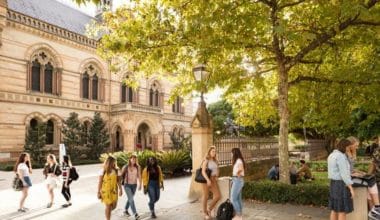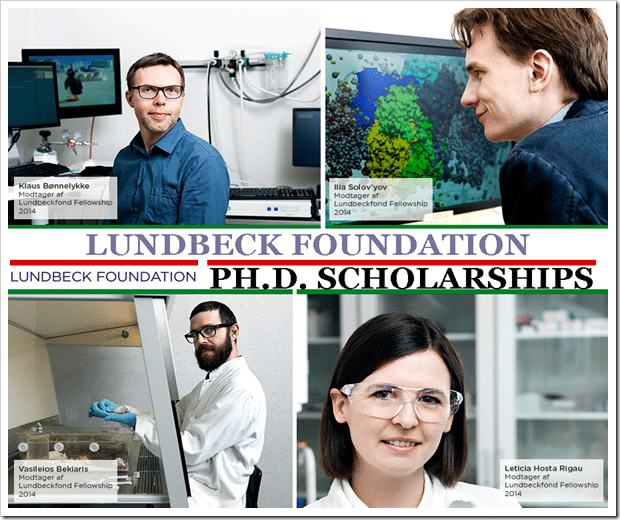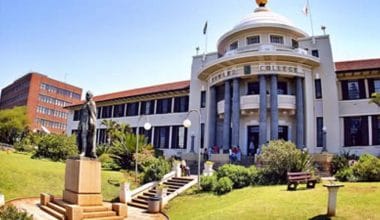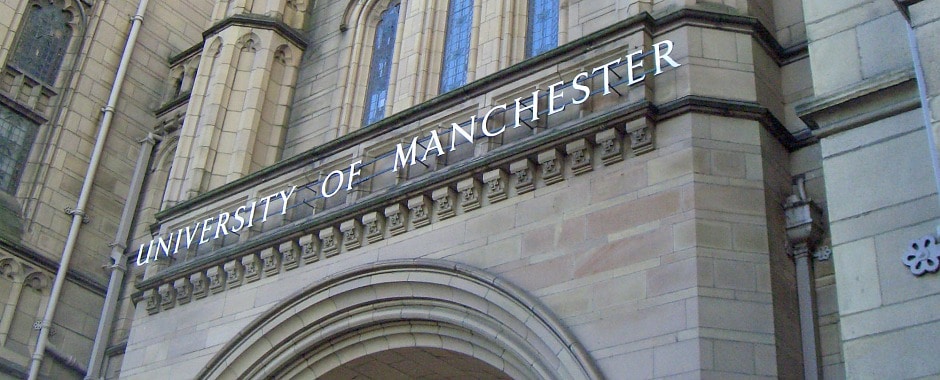This post contains information about excelsior scholarships and their application form. In fact, all you need to know has been carefully explained.
The table of content is right below.

What is an Excelsior scholarship?
The Excelsior Scholarship 2023, in combination with other student financial aid programs, allows students who meet the eligibility requirements to attend a SUNY or CUNY college tuition-free.
The Excelsior Scholarship is a state of New York financial aid program to provide free tuition for students attending either a State University of New York (SUNY) or a City University of New York (CUNY) institution.
SUNY Empire State College is encouraging its students and prospective students to participate if they are eligible. The award is capped at $5,500 a year and can only be used for the cost of tuition.
Recipients of the Scholarship may receive up to $5,500 or actual tuition, whichever is less.
The maximum Scholarship will be reduced by the amount of certain other student financial aid awards that an applicant has or will receive for the academic year including a New York State Tuition Assistance Program (TAP) award and/or federal Pell grant.
A recipient of the Scholarship is eligible to receive award payments for not more than two years of full-time undergraduate study in a program leading to an associate’s degree or four years of full-time undergraduate study, or five years if the program of study normally requires five years in a program leading to a bachelor’s degree.
You must live in New York State for the length of time you received the award. Failure to meet these requirements will result in the conversion of your award to a no-interest loan.
We strongly encourage you to take the time to educate yourself about the Scholarship so you may determine if this opportunity is right for you and your family.
Brief Description
New York State’s Scholarship provides in-state, public college tuition for residents whose families earn below a set annual income cap: $100,000 in 2017.
This amounts to annual savings between $4,000 and $6,500, depending on whether the student attends a community college or a four-year school.
As the scholarship only covers tuition, students bear the additional cost of fees and room and board, which can cost up to $14,000 annually.
To maintain the scholarship, Excelsior students must maintain 30 annual class credits at a state college: State University of New York (SUNY) or City University of New York (CUNY). There will also be a GPA requirement.
After graduation, Excelsior students must live and work in New York for as many years as they received the scholarship.
The annual income cap will increase as the Excelsior program is phased in (to $110,000 in 2019, and $125,000 in 2020). By the time the program is fully implemented, an estimated 200,000 will be eligible.
Level/Field of Study
This scholarship is open to undergraduates to study any course of choice.
Host Nationality
The Scholarship is to be taken in New York State USA
Eligible Nationality
The scholarship is open to all Nationalities residing in New York or has resided in NYS continuously for 12 months.
Scholarship Worth
- The Budget additionally includes $8 million to provide open educational resources, including e-books, to students at SUNY and CUNY colleges to help defray the prohibitive cost of textbooks.
- An Excelsior Scholarship recipient can receive up to $5,500 from the Scholarship, minus any amounts received for TAP, Pell or other scholarships. The remainder of your tuition charge will be covered by a tuition credit paid through SUNY or CUNY.
- The Scholarship award makes SUNY tuition-free for thousands of students.
- The program covers tuition for eligible SUNY and CUNY students.
- Resident undergraduate tuition at SUNY’s four-year colleges is currently $6,470.
- SUNY community college tuition is currently for $4,366, on average.
- The students are eligible to get an award for up to two years for students pursuing an associate’s degree and up to four years for students pursuing a bachelor’s degree
Who is Eligible for The Scholarship?
An applicant must:
- be a resident of NYS and have resided in NYS for 12 continuous months prior to the beginning of the term;
- be a U.S. citizen or eligible non-citizen;
- have either graduated from high school in the United States, earned a high school equivalency diploma, or passed a federally approved “Ability to Benefit” test, as defined by the Commissioner of the State Education Department;
- have a combined federal adjusted gross income of $100,000 or less;
- be pursuing an undergraduate degree at a SUNY or CUNY college, including community colleges and the statutory colleges at Cornell University and Alfred University;
- be enrolled in at least 12 credits per term and complete at least 30 credits each year (successively), applicable toward his or her degree program;
- if attended college prior to the 2018-19 academic year, have earned at least 30 credits each year (successively), applicable toward his or her degree program prior to applying for a Scholarship;
- be in a non-default status on a student loan made under any NYS or federal education loan program or on the repayment of any NYS award;
- be in compliance with the terms of the service condition(s) imposed by an NYS award that you have previously received; and
- execute a Contract agreeing to reside in NYS for the length of time the award was received, and, if employed during such time, be employed in NYS.
The Excelsior Scholarship Catch-Up Year
Applicants who first entered college as a freshman student in 2015-16 and who have earned 54 credits, or who first entered college as a freshman student in the 2016-17 academic year and who earned 24 credits can make up those 6 credits in 2024
Students who successfully earn 36 credits in the 2024 academic year can become eligible for the Scholarship beginning in the 2024 academic year.
How to Apply
Current recipients should not complete this application. If you first received an award for the 2024 academic year, no additional action is needed for the 2024 academic year.
To apply for the scholarship, the applicants can visit the given link:https://www.hesc.ny.gov/pay-for-college/financial-aid/types-of-financial-aid/nys-grants-scholarships-awards/the-excelsior-scholarship.html
Supporting Documents For The Scholarship:
Complete the Free Application for Federal Student Aid (FAFSA): https://www.fafsa.gov/
Payment
To receive payments each subsequent year (after the initial application year), Excelsior Scholarship 2024 recipients must annually complete the Free Application for Federal Student Aid (FAFSA) and the TAP-on-The-Web Application each year.
Application Deadline
The deadline for the Scholarship Program is July annually.
Frequently Asked Questions
Yes. If you are an NYS resident whose family household adjusted gross income (as filed on your 2015 federal tax returns) does not exceed $100,000 for the 2024 academic year and you complete 30 credits per year, you will be able to attend a SUNY or CUNY college tuition-free.
To be considered an NYS resident for purposes of receiving this award, you must have resided in the State for 12 continuous months prior to the term for which the award is being sought.
A recipient can receive up to $5,500 from the Scholarship, minus any amounts received for TAP, Pell, or other scholarships. The remainder of your tuition charge will be covered through a tuition credit paid through SUNY or CUNY.
Yes. Eligible students will receive awards to attend a SUNY or CUNY college tuition-free this fall.
You are eligible to get an award for up to two years for students pursuing an associate’s degree and up to four years for students pursuing a bachelor’s degree. Students in an undergraduate program of study normally requiring five years are eligible to receive the award for five years.
References
- ny.gov- excelsior-scholarship-program
- ny.gov– excelsior-scholarship-program
- suny.edu– Types of financial aid excelsior scholarship program
WE ALSO RECOMMEND
DISCLOSURE: This post may contain affiliate links, meaning when you click the links and make a purchase, we receive a commission.






Comments are closed.